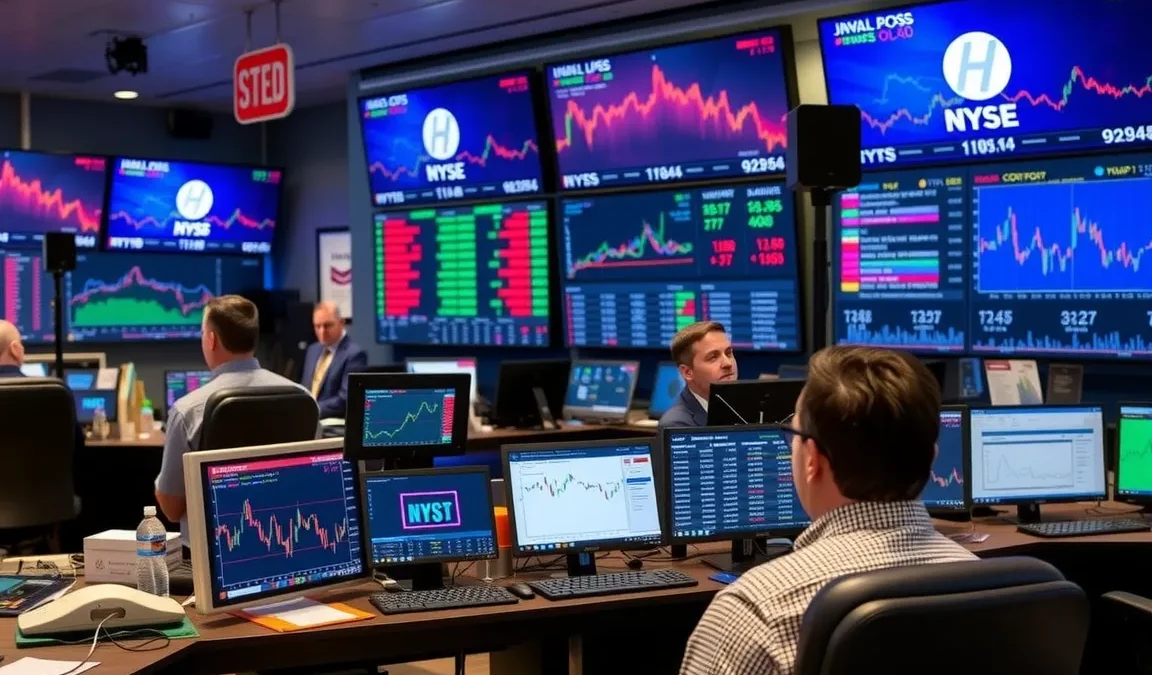Asian equity markets retreated on Friday, pressured by renewed concerns over US trade policy and uncertainty around the path of interest rates.
The declines followed the Trump administration’s announcement of a sweeping new round of tariffs, including 100 percent duties on imported branded pharmaceuticals, 25 percent on heavy-duty trucks, and 50 percent on kitchen cabinets.
The measures will take effect on October 1.
Investors were also awaiting a key US inflation reading later in the day, which could provide further signals on the Federal Reserve’s interest rate trajectory after stronger-than-expected economic data earlier this week.
Chinese and Hong Kong markets lead regional declines
Chinese stocks ended lower after Wall Street’s overnight losses, with the Shanghai Composite Index slipping 0.65 percent to close at 3,828.11.
The decline mirrored weakness in the S&P 500, which recorded its third consecutive session of losses.
Hong Kong markets also came under pressure, with the Hang Seng Index falling 1.4 percent to 26,128.20, marking a weekly drop of 1.6 percent. The Hang Seng Tech Index slid 2.9 percent.
Drug makers bore the brunt of selling after US President Donald Trump confirmed tariffs on branded pharmaceuticals.
Biotech firm Wuxi Biologics sank 2.4 percent to HK$39.06, while affiliate Wuxi AppTec shed 3.3 percent to HK$107.60.
Technology names also lost ground. Alibaba slipped 3.2 percent to HK$166.50, extending losses after touching an almost four-year high earlier in the week.
Tencent dropped 0.9 percent, while Xiaomi slumped 8.1 percent to HK$54.65, erasing gains from its latest smartphone launch.
Japan stocks slid sharply
Japanese markets finished mixed. The Nikkei average slid 0.87 percent to 45,354.99, though the broader Topix index managed a marginal gain, closing at a record high of 3,187.02.
Pharma and chip-related stocks weighed heavily, with Sumitomo Pharma and Chugai Pharmaceutical down 3–5 percent, and Lasertec and Sumco plunging about 8 percent each.
Other regional markets
South Korean shares also tumbled, with the Kospi falling 2.45 percent to 3,386.05, breaking below the 3,400 level for the first time in 10 sessions.
Concerns over protracted tariff negotiations with the United States and profit-taking ahead of the Chuseok holiday added to the selling pressure. SK Biopharmaceuticals dropped 3.5 percent.
Australian markets diverged from the broader region, buoyed by gains in resource stocks as copper prices climbed.
The benchmark S&P/ASX 200 rose 0.17 percent to 8,787.70, while the All Ordinaries gained by the same margin to 9,079.20.
Indian equities extended their losing streak to a seventh straight session on September 26, with the Nifty slipping below the 24,700 mark.
The Sensex closed 733.22 points, or 0.90%, lower at 80,426.46, while the Nifty fell 236.15 points, or 0.95%, to 24,654.70.
On the Nifty, IndusInd Bank, Sun Pharma, Mahindra & Mahindra, Eternal, and Tata Steel were among the top laggards.
The post Asian stocks close lower on Friday: Hang Seng down 1.5%, Kospi crashes 2.5% appeared first on Invezz

